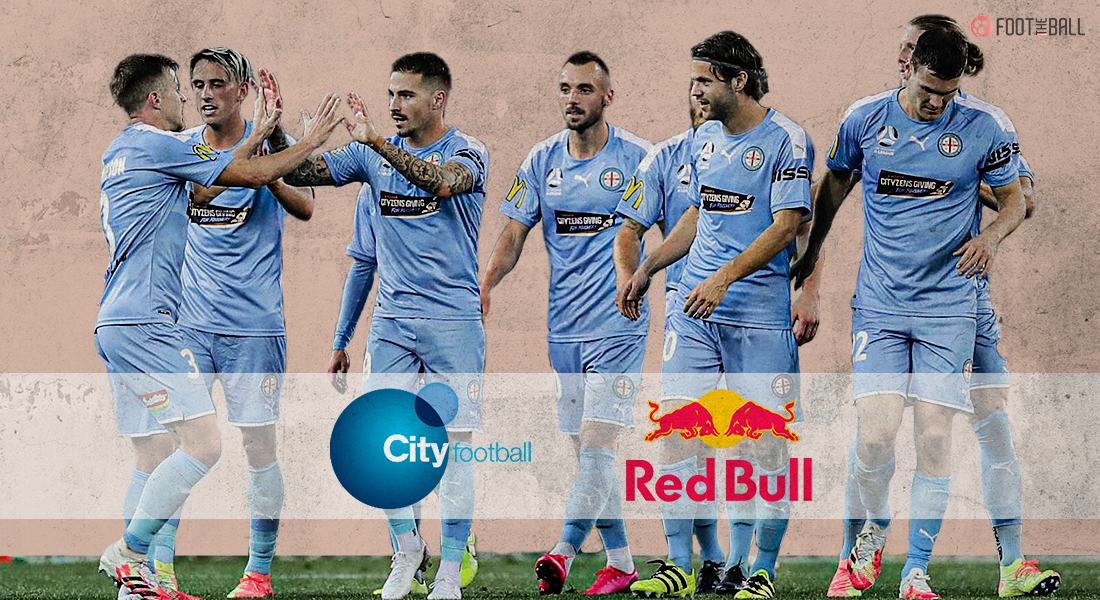Multi-club ownership (MCO) has so far been a sleeping giant that has lately woken up from its age-long slumber only recently since the past decade, but it is a model of business that is taking football by storm
Melbourne City FC won the A-League in Australia just two days ago by triumphing in their final with Sydney FC in what was a come-from-behind victory for the Australian club.
CHAMPIONS 💙🤍❤️#CmonCity | #MCYvSYD | #ALeagueGF pic.twitter.com/oOnET0awVV
— Melbourne City FC (@MelbourneCity) June 27, 2021
Their triumph hands one more trophy to a football club owned by the famed City Football Group, which is controlled by the royal family of Abu Dhabi.
Earlier this year, Manchester City had won the Premier League for the third time in four seasons to take the success enjoyed by this network of clubs to hitherto unheard-of levels.
A similar approach is being followed by the Red Bull Empire as it has acquired football clubs in Germany, Austria, the United States and Brazil
FootTheBall takes a look at the concept of multi-club ownership (MCO) as it has rapidly become part of the footballing landscape and jargon over the last decade.
WHAT IS MULTI-CLUB OWNERSHIP (MCO)?
The term is self-explanatory, meaning that a single entity enjoys the priviledge of owning several football clubs. And over the years this practice has intensified and seems to have reached its crescendo or fever pitch now.
The two most recognisable names in this arena are undoubtedly the City Football Group and the Red Bull conglomerate, both of which enjoy ownership of a plethora of clubs on different continents of the world – from Europe to South America.
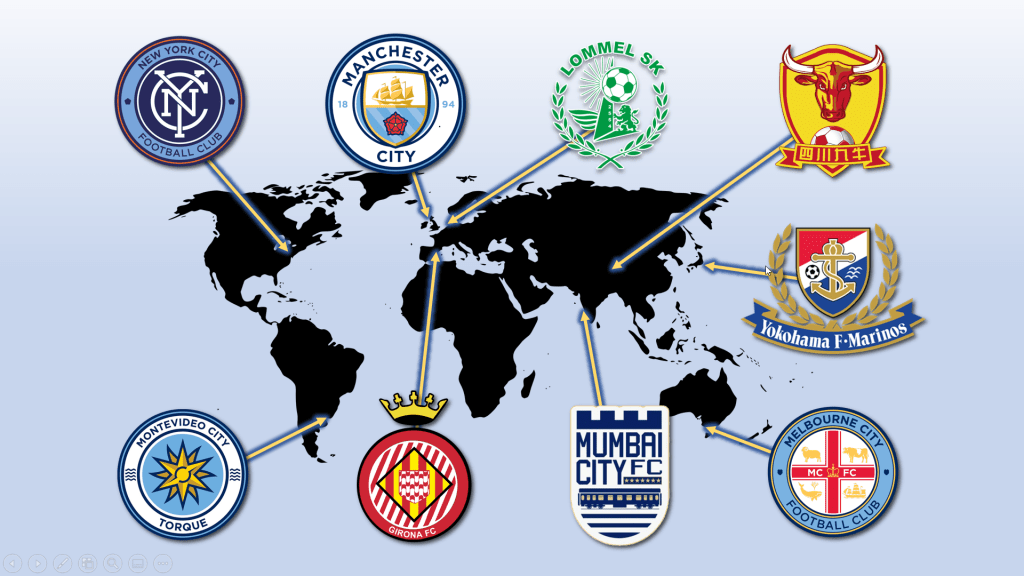
Scores of football clubs currently fall into the category of the MCO basket, some in possession of business organisations, others owned by fellow clubs in a much more centralised manner.
A lot of clubs are even owned by individual investors and the trend is growing like wildfire in the footballing community at the moment.
In 2017, on the basis of UEFA’s analysis, there were more than 20 first-division clubs spread across the European continent that were involved in cross-ownership.
In this phenomenon a private person, club or entity has its say or a pivotal/decisive influence over more than one club.
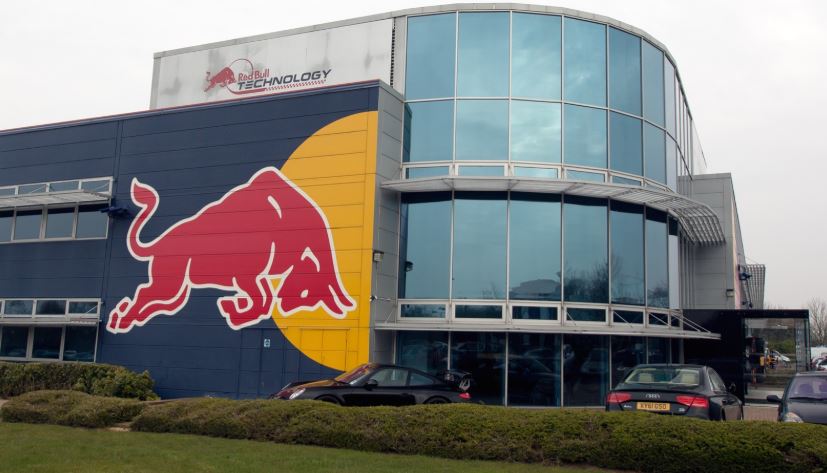
The number of such cases has undoubtedly risen in today’s football ecosystem, given the fact that UEFA’s records are only focused on cases where a minimum of 1 European club is included.
Moreover, because of a plethora of legal and regulatory dimensions there are ’veiled/concealed’ cross-ownership relations, where UEFA’s official definition of the phenomenon is not satisfied apparently.
But beneath the surface, such relations do exist and are seemingly thriving in the world of football by the day.
Now that we have acquired a fair idea of what the concept of multi-club ownership is, we should shift our attention to why such a business model is being ushered in the sphere of football.
HOW DOES MCO BENEFIT FOOTBALL CLUBS AND OTHER CONCERNED PARTIES?
The advent of multi-club ownership (MCO) has revolutionised the way recruitment, development and sale of players is conducted by the concerned football clubs.
Let us take a look at the case of the Red Bull Empire and how it has forayed into the world of sports through the implementation of the MCO approach.
Red Bull have, as a result of using the MCO method, reduced the number of middlemen that they have to deal with whenever signing or scouting for young, prodigious talent in football.
The Austrian energy drink giant owns clubs in its native Austria, neighbours Germany, and across the pond in the United States and Brazil. But how does owning clubs in different countries benefit Red Bull?
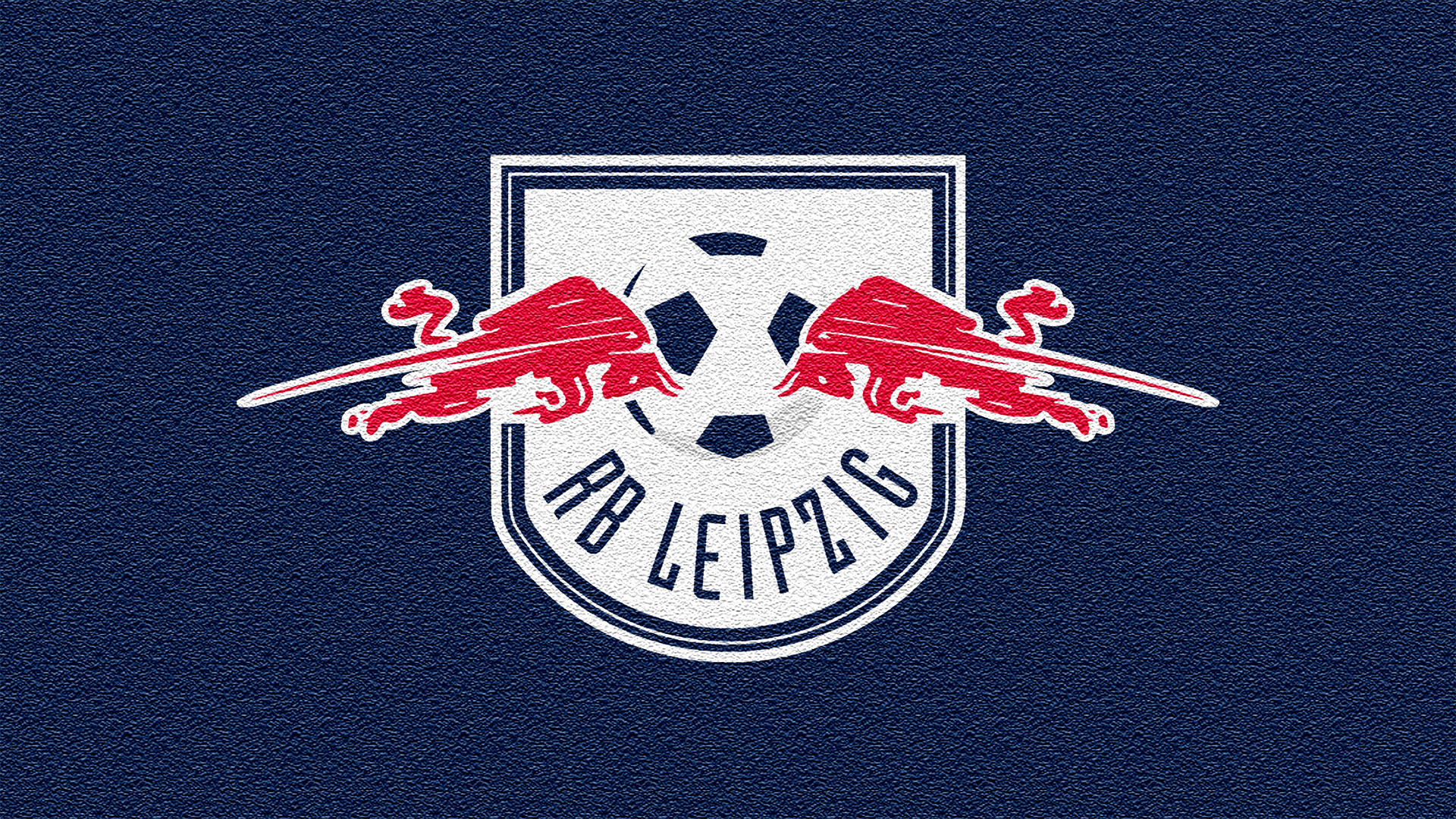
First off, they will gain relatively better insight in relation to budding footballers in all these three countries.
Owning a club in a particular country gives the owning entity a competitive edge over others when it comes to understanding of the domestic infrastructure and an enhanced understanding of the marketplace in that country.
There is the advantage of enjoying the best of both worlds – scouting headaches can go out the window as the owning entity can save in scouting acquisition costs while at the same time getting unparalleled access to detailed statistics and numbers that aid in making a sound purchase/acquisition of young starlets.
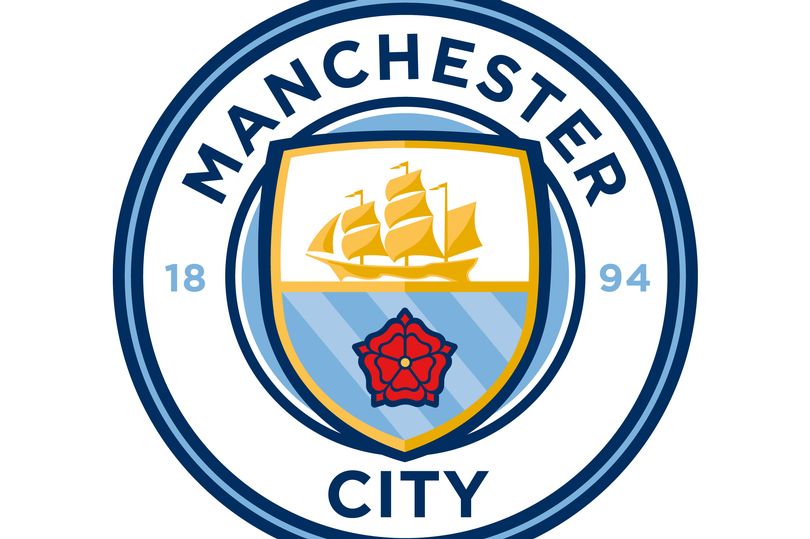
And the benefit is not only limited to players but also to managers. For example if a club needs to appoint a manager but isn’t sure of their ability and pedigree, then they can make use of this network of sister clubs.
The concerned manager can be given the role at the helm at one of the clubs of the owning business entity, where their team’s performances and results can be assessed before making the big move to the club they were being scouted for.
Thus, this business model has a variety of benefits that have been unlocked by clubs all across Europe and on other continents as well, but there is still a long way to go to determine other additional pros and cons of such an arrangement in football

